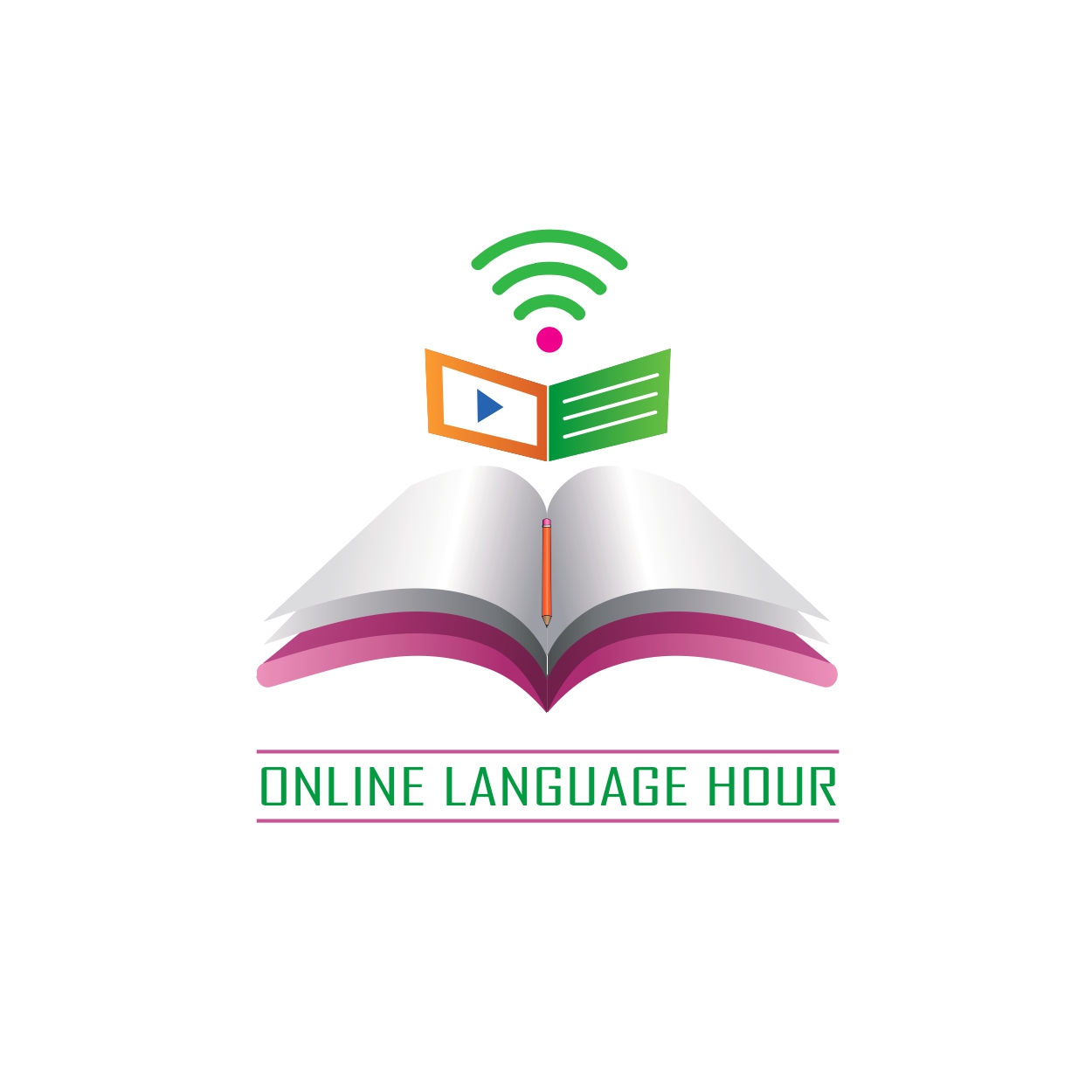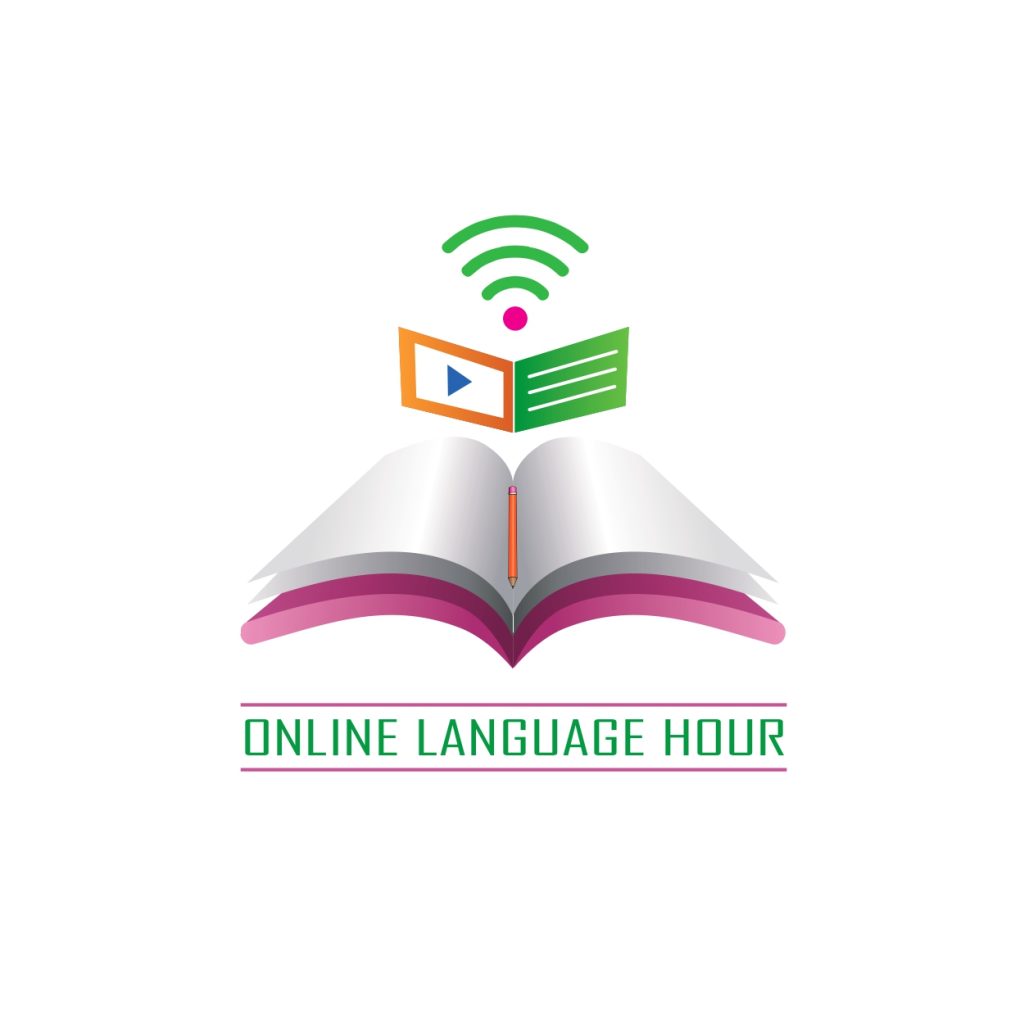FREQUENTLY ASKED QUESTIONS (FAQ)
ANS: Learning a new language can open up new opportunities and cognitive and improve communication skills it can also beneficial for travel advancement and cultural enrichment.
ANS: Choose a language that aligns with your interests, career goals or travel plans. Consider languages spoken in regions you are interested in or those that are widely used in your field.
ANS: Well, you can learn German language and make Goethe exam preparation through this platform.
ANS: The time it takes to become fluent varies based on factors like language complexity, time invested and individual aptitude. It may take several months so patience and consistent practice is the key for a better preparation.
Ans: Set achievable gold celebrates small victories and very good learning routine fight ways to incorporate the language into your daily life such is watching movie is reading books or listening to music in the target language.
Ans: It is never too late while younger individuals may have a perceived advantage, adults bring life experience and dedication to the learning process. Consistent practice and punctuality are Crucial.
Ans: Understanding the cultural associated with the language can deepen your comprehension and enhance communication. Learn about customs traditions and social terms for better and effective understanding.
Ans: German is the most widely spoken language in Europe and is the official language of Germany, Austria, Switzerland, Lichtenstein Belgium and Luxemburg. Learning German can enhance career opportunities, facilitate travel, and provide access to rich cultural resources.
Ans: Yes, there are several regional dialects in German but the standard form High German (Hoch deutsch) is commonly used in education media and formal meetings. Some dialects can vary significantly especially in South Germany and Austria. It is necessary to consult with tutor for a better preparation.
Ans: Yes, understanding German culture, etiquettes and social norms can enhance your language skills. Familiarize yourself with cultural aspects such as greetings, formalities, and expressions used in different context.
Ans: Yes, German is a valuable language for business especially in industries such as engineering, science and technology. Germany has a strong economy, and proficiency in German can open up opportunities for international collaborations.
Ans: The Goethe-Institute, a German cultural Association, conducts the Goethe exams, which are internationally recognized German language proficiency tests. These exams assess individuals on the ability to understand speak, read, and write in German. The Goethe exams are named after Johann Wolfgang von Goethe, a renowned German writer, and are widely accepted as proof of German language proficiency for various purposes.
Ans: The Goethe-Zertifikat exams cover 06 proficiency levels from A1 (beginner) to C2 (advanced).
Ans: Yes, you can certainly make preparations for the Goethe exam at this platform through different German language preparatory courses. You may contact via email (onlinelanguagehour@gmail.com) for more updated info.

